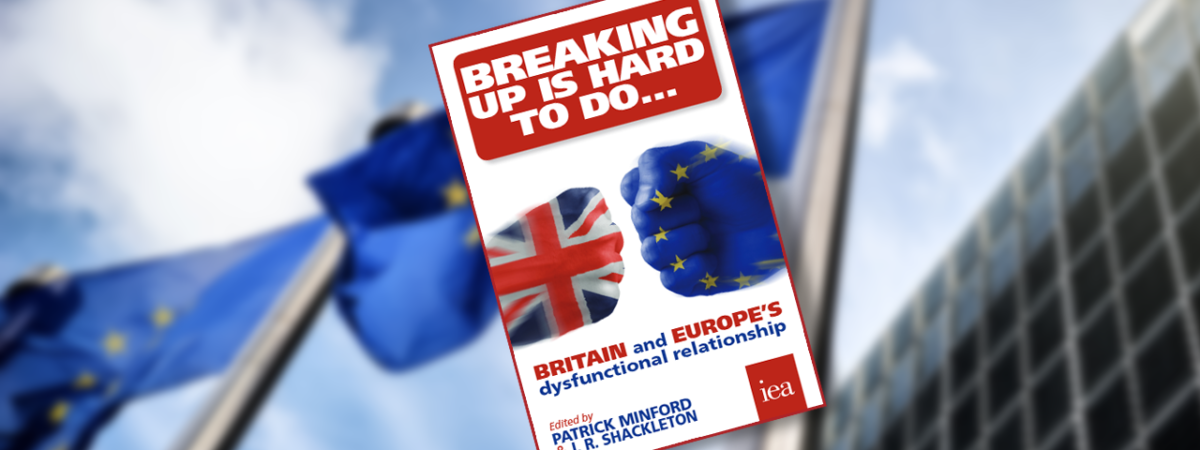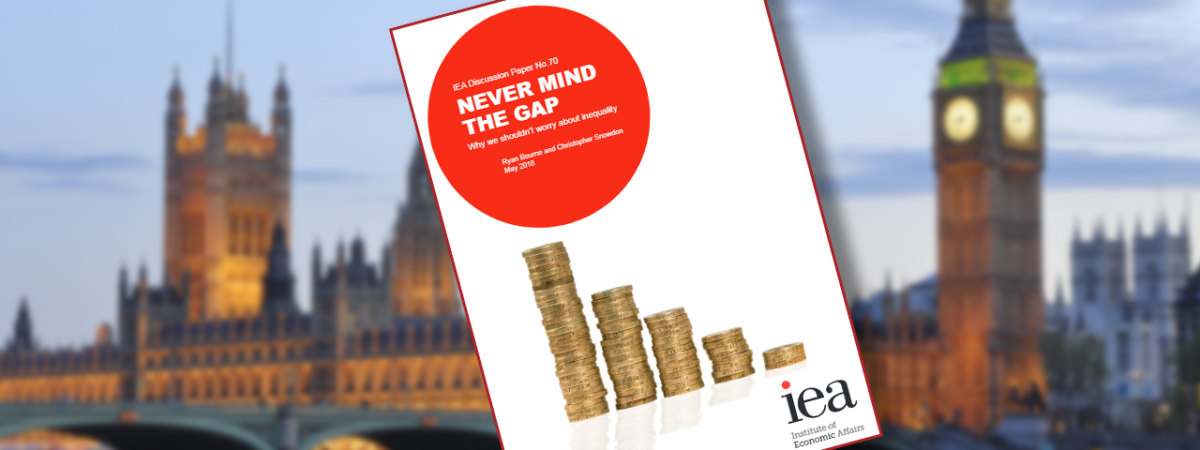In Focus: The Case for Privatising the BBC
SUGGESTED


Myths and bad logic drive obsession with inequality in UK

Bias, technological change and commercial competition necessitate reform
Summary:
- In the past, the use of a compulsory levy on television sets (a licence fee) to finance the BBC could be justified given the problem of spectrum scarcity and the fact that television signals were a public good (i.e. there was effectively a zero marginal cost of an additional user receiving the signal and no effective mechanism of exclusion). Furthermore, the fact that television sets were bulky, and had no practical use other than watching television programmes, made the collection and enforcement of the licence fee practically viable.
- In recent years, these justifications for the licence fee have evaporated. It is technically straightforward to exclude non-payers from receiving television signals and spectrum scarcity is no longer a practical problem. Furthermore, there is no clear relationship between owning a television set and watching ‘television’ programmes. Programmes can be watched on computers, phones and tablets; and televisions are used for activities other than watching programmes. The BBC – and to a more limited extent other independent groups and economists – have tried, increasingly desperately, to find other justifications for retaining the licence fee.
- Other models of state funding for so-called public service broadcasting can be justified. For example, there could be a household levy (as in Germany), which could finance a state broadcaster. In a pluralistic society, an alternative would be to have state funding available on a competitive basis to a range of broadcasters and programme producers. This latter proposal has been described as ‘an Arts Council for the air’. However, all such mechanisms are prone to capture by interest groups.
- A further problematic feature of the BBC is bias. All institutions exhibit bias – whether consciously or unconsciously. However, the BBC has a worldwide reputation, is funded on a compulsory basis and provides 75 per cent of all televised news. When an institution with such power exhibits bias, this is a far more serious problem.
- There are different types of bias. For example, ‘bias by presentation’ is illustrated by the description of the 2014 Budget by a BBC journalist as ‘back to the land of Road to Wigan Pier’. ‘Bias by selection’ is illustrated by negative portrayals of business outnumbering positive portrayals by a factor of more than eight to one on Radio 4’s Thought for the Day.
- There are no feasible reforms that can eliminate bias. Instead, the state should uncouple itself from the BBC and remove compulsory sources of funding. Commercial and non-commercial news media can then compete together as they do in print and online media: for example, the Guardian is one of the most successful online journalism sources while being supported by a charitable trust.
- There are various ways in which the BBC could be made independent of the state and/or of compulsory funding. Models that have been proposed involve the use of subscription (with the BBC remaining state owned) or allowing the BBC to become a membership organisation (like the National Trust).
- However, there are strong arguments for privatisation on a commercial basis. In the era of The Sopranos and The Man in the High Castle it can no longer be convincingly argued that commercialisation necessarily leads to dumbing down. Furthermore, membership organisations and mutuals have notoriously poor corporate governance outcomes.
- A further reason for this model of privatisation is that the BBC will struggle to thrive without commercial freedoms. Already only 20 per cent of UK broadcasting revenue comes from public funds and the BBC is, in fact, small compared with international commercial broadcasters. The international potential of a commercialised BBC is such that, one day, its worldwide audiences might be a hundred times as large as its UK audiences. Tying an organisation with such international reach to the UK government and to a compulsory licence fee would stifle it.
- The BBC is not the only broadcaster with a strong relationship with the state. Channel 4 is state owned, though financed by advertising. This is an anachronism and it should be privatised.
To read the press release, click here.
To read Chapter 3 on Bias and the BBC, click here.
This paper featured in The Telegraph, The Independent on Sunday and The Spectator
2016, Hobart Paperback 182
Fullscreen Mode




